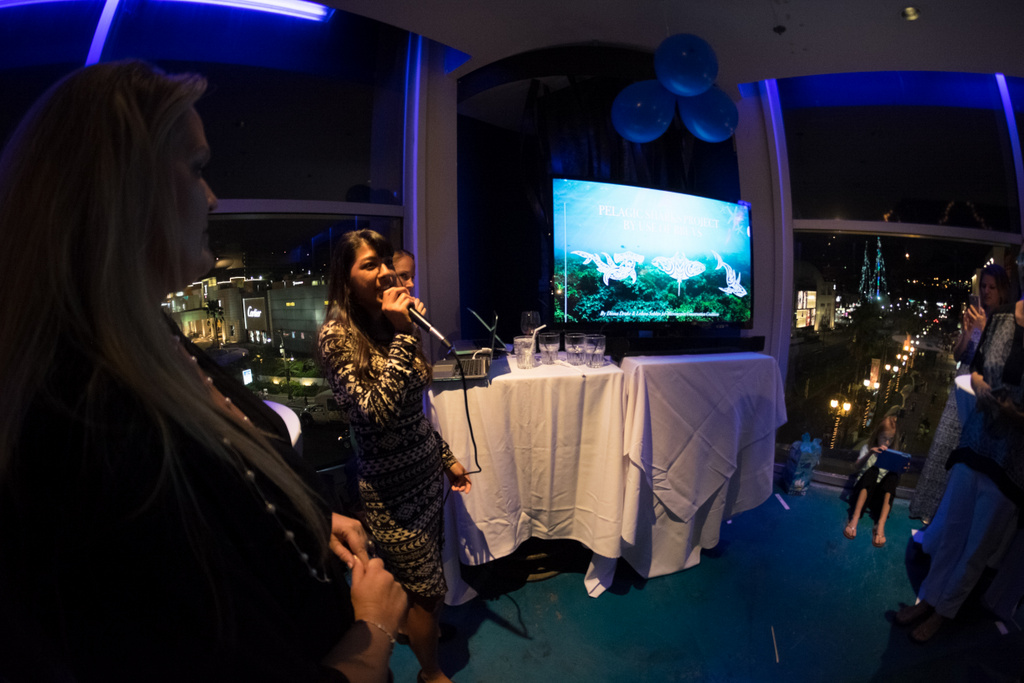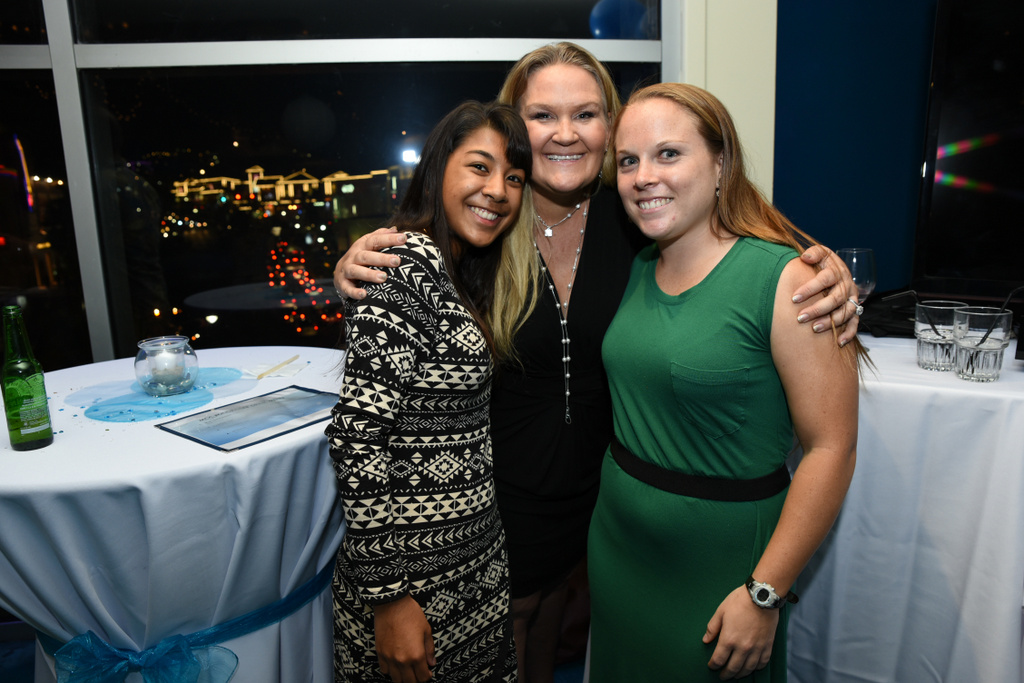“Breathe. You’ll do great,” I said to myself as I anxiously waited to present MCC’s Pelagic Sharks Project to more than 100 pairs of eyes and ears at our first annual launch party. “You get to talk about something you love – sharks! Let your passion for the ocean fuel you.” When the moment finally came to give my presentation (with my amazing partner Diona Drake), I was so driven by my passion that I forgot how nervous I was to begin with. As an aspiring marine biologist with a focus on marine conservation, I had the best time talking to our amazing guests about how sharks are important, why we should study sharks, and the crucial need to protect them. The feeling I had after giving the presentation was fulfilling, and there were many moments throughout the launch party where I stopped, smiled, and remembered that I am blessed and lucky to be a part of something truly spectacular.
In addition to MCC’s Pelagic Sharks Project, in which we will collect data on Guam’s sharks such as species and populations using BRUVS, there are two other major Guam projects in store for the future. One of them includes our Manta Project, where the Marine Team will keep track of Guam’s manta population while observing their feeding behavior in areas where Guam’s mantas target fish spawning aggregations – a documentation that is the first and only of its kind throughout the world! Our third project is high-school based, called Our Guam Waters, where high school students are given the opportunity to earn service learning hours by giving marine-based presentations to their peers or by engaging in marine-based activities and events coordinated by MCC. Through these projects, MCC aims to promote local scientists and research for individuals with aspirations towards marine biology, or simply for those who possess a love for the ocean.Conservation – as suggested in our organization’s name – is a critical goal for MCC. Meeting Guy Stevens, the founder of Manta Trust, placed a lot of emphasis on my perspective of what conservation means and why it’s important, especially for our future. But how do you get the community to care about something they don’t understand? The answer lies in educational outreach – a vital requirement in getting others to care by first allowing them to understand. I still find it surprising when someone tells me they think corals are rocks, or that they’re afraid of sharks because they’re savage creatures. I’ve come to realize that educating the community about the ocean is the first step to marine conservation. If we can get the community to understand the very importance of the ocean and its creatures, we can get them to care, too.
Micronesian Conservation Coalition aims to achieve just that.
So go out and learn something new about the ocean today!
Chances are, you’ll be amazed by the world below the surface.
I, for one, call it home.
– Leilani Sablan, Marine Team
Leilani Sablan (left), Julie Hartup (Center), Diona Drake (right)
“I need the sea because it teaches me.” – Pablo Neruda



